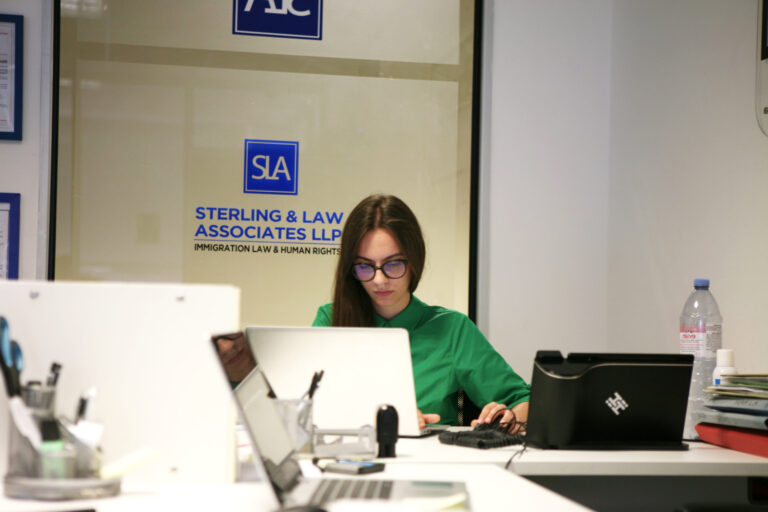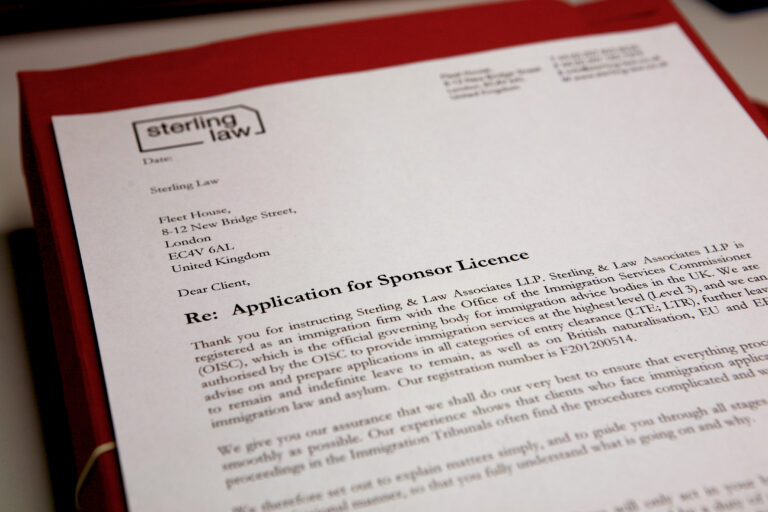Skilled worker Sponsorship Licence Renewal

Employers in the UK can recruit foreign employees if they have some special licence for it. It’s called a sponsor licence for skilled workers (tier 2), which can be given for a period of 4 years. The continuation of employing migrants depends on sending an application for your sponsorship licence renewal. You can do it with the help of the special structure called the Home Office. It makes available to improve your business getting much profit from it after having some new workers.
Application Process
The holders of the sponsor licence get an opportunity to apply for its fast renewal in a period of three months before its expiry date. For this purpose, a special SMS (Sponsor Management System) is used. It’s an online service where one can specify all the data about their business and makes some updates, if necessary. Note that all company data must be acute and meet its real condition. To renew tier 2 sponsor licence, an employer must send all the necessary documents within 5 working days.
If trouble takes place, it may lead to downgrading or suspension of your current licence status with future refusal to renew it. As a result, it’s strongly advised to be prepared in advance and take into consideration any extra factors. In case of your application rejection, you can send more requests for tier 2 sponsorship licence renewal if the expiry date allows it.
The Licence Cost
The fee for an application depends on the business size and can’t be fixed. Small companies have to pay 536 pounds, while medium/large businesses pay 1,476 pounds.
The UKVI Organization
After sending an application form, a business has to go through a checking process. According to its Modernised Guidance, UKVI must define if the business meets the requirements. This process includes such factors as:
- company legal operation in the United Kingdom;
- keeping the same level of completing duties and tasks;
- being appropriate to get a licence sponsor position.
All the company’s data is thoroughly analyzed, especially the issues connected to legal operating in Britain. UKVI notes any sponsorship certificates and immigration history. In fact, a sponsor licence renewal process is characterized by great scrutiny from the governmental body and deliberate evaluation of all the factors. It can be harder to get compared to asking for initial licences.
To continue its work, the company must follow all the immigration rules and update its documentation in time. Any recruitment policies must be met, as well. Get prepared for compliance visits, if you’ve already got a refusal.
The process of licence renewal is demanding, so you’d better contact the specialists from Sterling Law. They can help to deal with any paperwork and solve the issues. You won’t be afraid of compliance visits anymore.
About Sterling Law
Having a lot of experience and knowledge in the field of sponsorship licence renewal, the company helps its customers to go through the entire processes (appeal and review). There is no fear to face the bureaucracy of the Home Office with Sterling Law, as specialists take care of your budget and mental state. Getting a licence becomes a routine and calm procedure.













